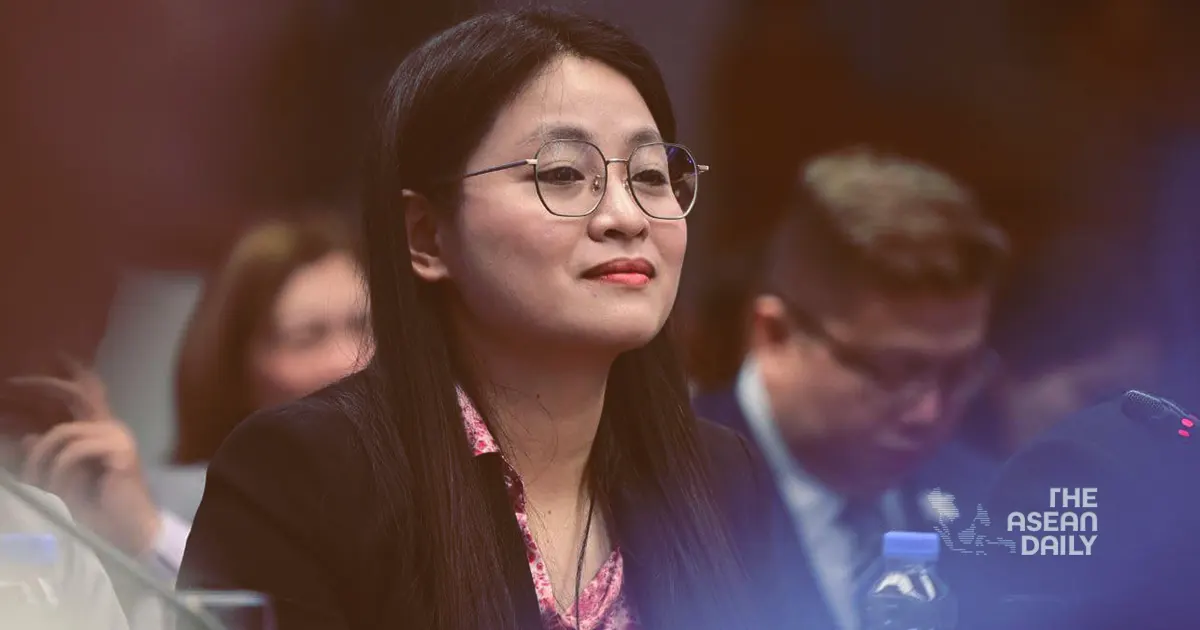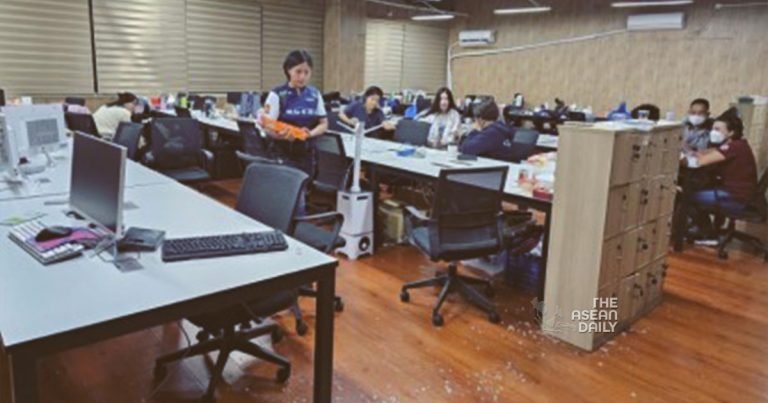26-7-2024 (MANILA) President Ferdinand Marcos has declared a ban on the online gambling industry following a series of scandalous revelations involving human trafficking, financial scams, and allegations of corruption reaching the highest levels of local government.
The controversy erupted after a raid on a Chinese-run online gambling centre north of Manila, where hundreds of foreign and Filipino workers were reportedly forced to participate in fraudulent activities under the threat of torture. The operation, located mere metres from the municipal hall in Bamban, has unveiled a complex web of criminal activities that has stunned the nation.
At the heart of this scandal is Alice Leal Guo, the mayor of Bamban, who now faces accusations of human trafficking and money laundering in connection with the illicit operation. Guo, who has been suspended from her position and is currently in hiding, vehemently denies the allegations. However, the situation took an even more startling turn when questions arose about her nationality, with claims that she might be a Chinese national masquerading as a Filipina.

Senator Risa Hontiveros, speaking at a Senate committee investigating the online gambling industry, described the situation as “the tip of an iceberg,” suggesting a far-reaching conspiracy involving “international criminal syndicates, local and national politicians, and perhaps malevolent elements of a foreign state.”
The raid on the Bamban complex, which boasted luxury villas and a large swimming pool, led to the discovery of over 700 individuals from various nationalities, including Filipinos, Chinese, Vietnamese, Malaysians, Taiwanese, Indonesians, and Rwandans. Documents found on-site allegedly link Guo to the ownership of the compound through a company of which she was president.
Winston Casio, spokesman for the Presidential Anti-Organized Crime Commission (PAOCC), emphasised the gravity of the situation, stating, “She really needs to answer for this in jail.” Casio estimates that as many as 100,000 people could be employed by illegal online gambling operations across the country, far exceeding the official figure of 60,000 working for licensed companies.
The proliferation of scam centres, often disguised as online gambling operations, has become a significant issue across Southeast Asia. These centres, predominantly run by Chinese nationals, target individuals overseas with fake investment platforms and other fraudulent schemes.
In response to the growing crisis, authorities have conducted raids on five such centres since last year, resulting in the repatriation, expulsion, or charging of several thousand foreigners. Casio has called for accountability among public officials, including mayors and police chiefs, who have allowed these operations to function openly.
The human cost of these scam centres is starkly illustrated by the account of Dylan, a Malaysian national in his 20s, who was trapped in the Bamban compound for a month. Dylan described being forced to engage in online scams under the threat of physical harm, with workers expected to meet exorbitant monthly targets or face torture.
As the investigation unfolds, attention has turned to Guo’s nationality, with the National Bureau of Investigation reporting that her fingerprints match those of a Chinese national who had been granted a special investor resident visa. This revelation has further inflamed tensions in the already strained relations between Manila and Beijing over disputes in the South China Sea.
The scandal has prompted a swift response from President Marcos, who declared that “the grave abuse and disrespect to our system of laws must stop.” Foreign workers involved in the industry have been given two months to leave the Philippines.




